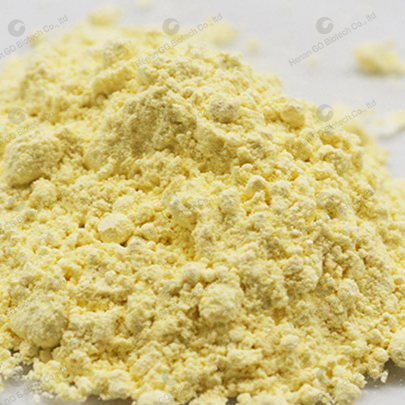As global water scarcity increases, innovative technologies in wastewater treatment are becoming crucial for sustainable development. This article delves into the cutting-edge practices and solutions that enhance the efficiency and environmental impact of wastewater treatment processes.
Recent advancements in wastewater treatment technologies have led to improved efficiency, reduced costs, and better ecological outcomes. Solutions such as Nonionic Polyacrylamide (PAM), which enhance flocculation, and advanced filtration systems are paving the way for more sustainable processes.

Implementing sustainable practices in wastewater treatment not only conserves resources but also enhances public health. Techniques like Polyaluminium Chloride Flocculant are crucial in efficiently removing contaminants from water, thus promoting water reuse strategies.
.jpg)
The practical applications of these innovative technologies have been observed in various settings, including urban wastewater treatment plants and industrial facilities. The use of Vulcanization Accelerator DCBS (DZ) is an example of how chemical innovations are effectively applied in treatment processes.

In conclusion, embracing innovative technologies and sustainable practices in wastewater treatment is essential for achieving long-term environmental benefits. As industries continue to evolve, staying ahead through these technological advancements will ensure effective water management and conservation for future generations.
